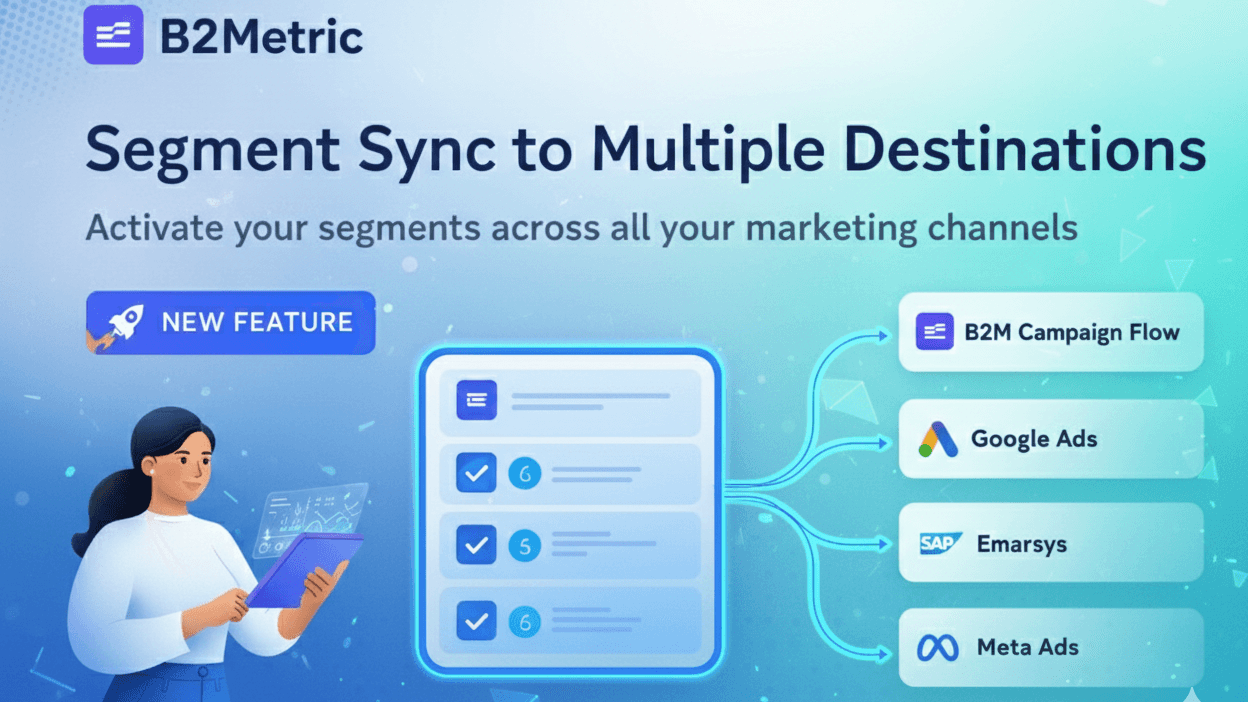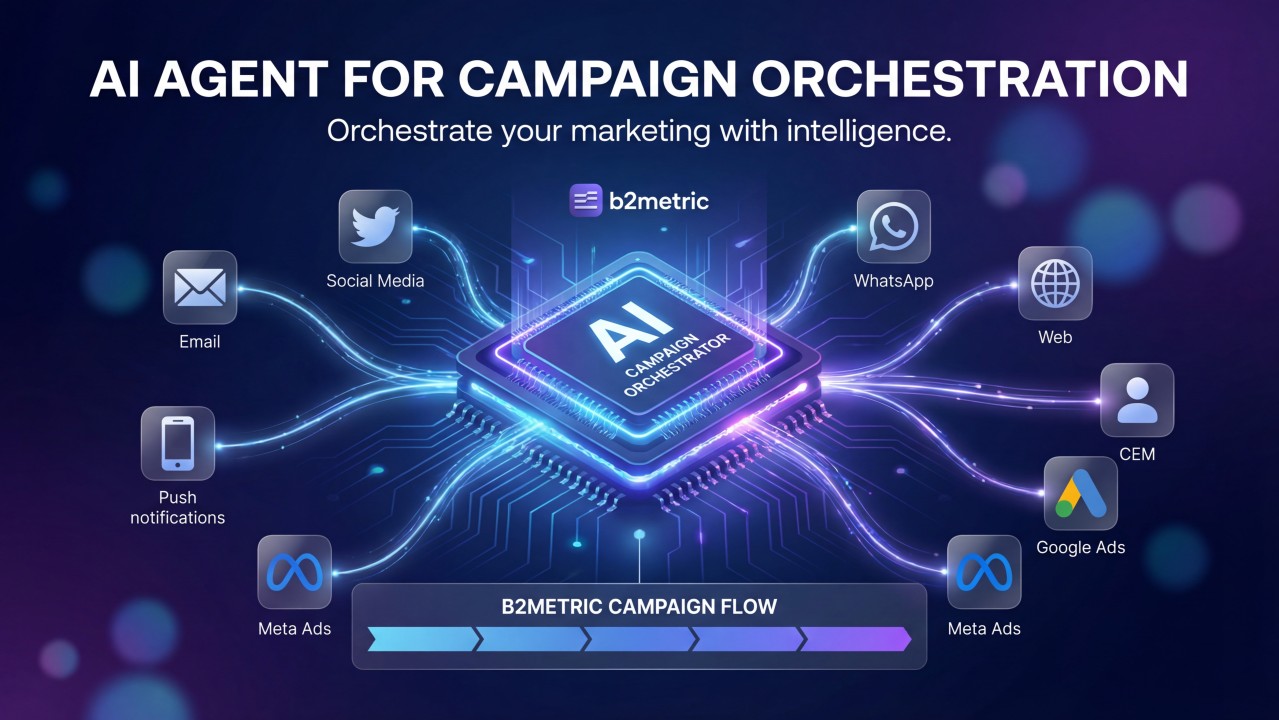Machine Learning & AI
Imagine you’re hosting a dinner party.
You’ve got two helpers in the kitchen.
One follows every recipe to the letter. They’re reliable, structured, and predictable.
The other? They taste the sauce as they cook, adjust the seasoning, and improvise based on what’s working at the moment.
Now ask yourself, which one do you trust to impress your guests?
That’s exactly the dilemma marketers face in 2025.
Do you stick with the dependable but rigid traditional marketing automation tools? Or do you accept the bold, adaptive power of AI marketing agents that evolve with every customer click, swipe, and silence?
In this post, we’re diving into the battle that’s redefining how brands grow:
Which approach wins in speed, personalization, and ROI?
What are the hidden costs of sticking with outdated workflows?
And most importantly, how do you choose the right strategy for your business in 2025?
Let’s find out.
Traditional Marketing Automation: Great in Theory, Stuck in the Past?
For years, tools like HubSpot, Mailchimp, and Marketo were the holy grail for marketers. Set your rules, create workflows, and automate your way to better engagement.
But let’s be honest.
In 2025, traditional marketing automation is showing its age.
It still requires:
Manually building audience segments
Static A/B testing
Hard-coded email sequences
Guesswork in customer journey mapping
And here’s the kicker:
Today’s customers don’t behave predictably.
They jump between devices, channels, and moods. One moment they’re checking prices on mobile, the next they’re deep-diving into Reddit threads. Traditional automation simply can’t keep up with this level of fluidity.
AI Marketing Agents: Real-Time Decision Makers, Not Just Tools
AI marketing agents don’t wait for you to tell them what to do.
They’re trained to observe, learn, and act, instantly.
These agents can:
Analyze user behavior across multiple channels in milliseconds
Predict customer intent before a form is even filled
Trigger hyper-personalized campaigns based on live data
Optimize entire marketing funnels without manual intervention
Instead of “if/then” logic, they use machine learning to decide what works in real time.
Let’s break it down:
Feature | Traditional Automation | AI Marketing Agent |
Personalization | Based on static segments | Hyper-personalized, adaptive |
Speed | Delayed triggers | Real-time reactions |
Optimization | Manual A/B testing | Autonomous testing + learning |
Scalability | Linear | Exponential |
Human input required | High | Minimal |
What About Cost? Is AI Marketing Worth the Investment?
Here’s where things get interesting.
AI marketing platforms may have a higher initial price tag, but they save hundreds of hours in manual labor, reduce campaign waste, and drive higher ROI through intelligent targeting.
A recent industry benchmark shows businesses using AI agents experienced:
45% higher engagement rates
30% lower churn
3x faster campaign launch times
When you factor in the cost of your marketing team’s time, missed opportunities, and lagging personalization, AI doesn’t just make sense, it’s a no-brainer.
Which One Should You Choose in 2025?
It depends on your business maturity, goals, and willingness to embrace change.
If you need… | Go with… |
Simple automation, static email flows, and low effort | Traditional tools |
Dynamic customer journeys, high personalization, growth at scale | AI marketing agents |
That said, hybrid models are emerging. Some companies use traditional tools for basic workflows but plug in AI modules for segmentation, prediction, or real-time triggers.
But full-AI ecosystems are quickly overtaking in performance.
2025 isn’t the year to “set it and forget it.”
It’s the year to listen, learn, and lead with marketing that adapts as fast as your audience moves.
So ask yourself:
Are you still cooking from an old recipe?
Or is it time to invite a smarter chef into the kitchen?
Because in this new world of marketing, the brands that win aren’t the loudest, they’re the most relevant, the most agile, and the most human.
Even if it’s all powered by machines.













